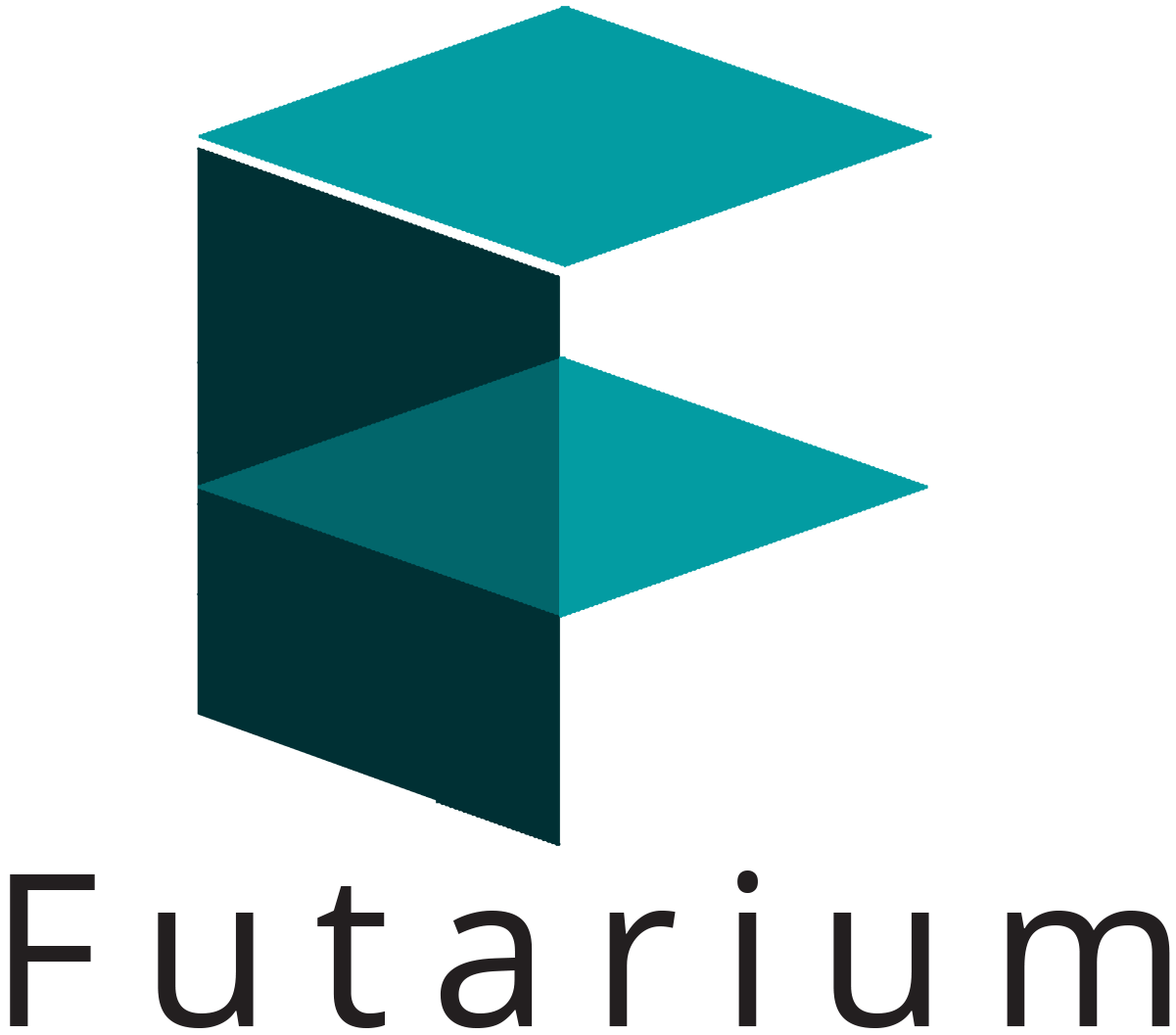Blockchain technology has the potential to revolutionize e-governance by creating a decentralized and secure system for storing and verifying government records and transactions. Some possible ways in which blockchain could be used in e-governance include:
- Secure record-keeping: Blockchain can be used to create a decentralized and secure system for storing and verifying government records, including voter rolls, land registry records, and legal documents. This can help to reduce fraud and errors, and can improve the transparency and integrity of government records.
- E-voting: Blockchain technology could potentially be used to create a secure and transparent e-voting system, which could improve the accuracy and reliability of election results.
- Digital identity: Blockchain can be used to create a secure and verifiable digital identity system, which could be used to verify the identity of citizens and facilitate the delivery of government services.
- Supply chain management: Blockchain technology could potentially be used to track and verify the movement of goods and materials within government supply chains, improving efficiency and reducing the risk of corruption.
- Public financial management: Blockchain could be used to create a secure and transparent system for managing public financial transactions, including the collection and disbursement of taxes, fees, and other revenues.
Overall, the use of blockchain technology in e-governance has the potential to create a more secure, transparent, and efficient system for storing and verifying government records and transactions, and could potentially improve the delivery of government services.




